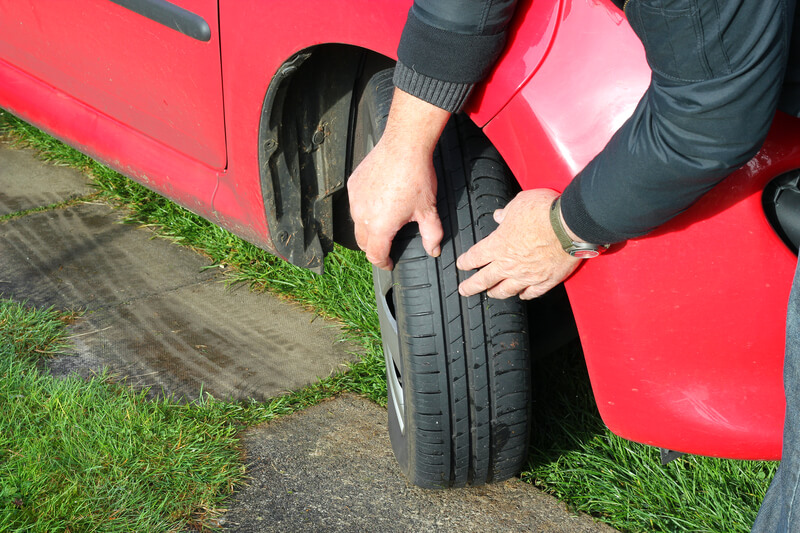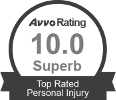If you’ve ever driven behind a truck that didn’t look quite right—maybe it was weaving a bit at turns, maybe the tires looked shot—it’s possible it was overloaded or the cargo inside wasn’t secured properly. Because while every state regulates loads of large trucks, and there’s a federal base maximum of 80,000 pounds, it’s possible for drivers to skirt those limits in order to be more efficient or profitable. Also common is for cargo to be loaded improperly, poorly secured, or positioned in a way that shifts the truck’s center of gravity.
Unfortunately, it doesn’t take much to make an already hard-to-handle vehicle even more dangerous. Overloaded trucks can lead to:
- Rollovers, which can also be caused by shifting or unsecured cargo
- Runaway vehicles on steep inclines or difficulty stopping quickly
- Loss of control or difficult steering
- Road collapses
- Items from the truck falling off in the road
- Long-term wear and tear on the truck or trailer, including tire or brake damage
Do weigh stations help overloaded truck accidents?
Weigh stations are important for two reasons: They allow states to collect taxes based on weight and they help ensure trucks are following state and federal safety standards. Georgia sticks with the 80,000 federal base maximum, only allowing trucks above that weight to travel with a special permit. Weight is calculated both as axle weight (the weight on each axle of the vehicle) and as gross weight (the combined total).
But because weigh station checks are random, and because of the volume of trucks traveling on U.S. highways and interstates, there’s no chance that every vehicle will be at or underweight. Even when a truck does come in above the legal limit, the driver will likely receive a ticket and get back on the road. It’s even harder to enforce cargo securement requirements, like those placed on commercial motor vehicle drivers by the Federal Motor Carrier Safety Administration (FMCSA).
Overloaded or improperly loaded vehicles are likely to be on the road
The short story? Overloaded or improperly loaded vehicles are likely to be on the road. And while modern safety features like Electronic Stability Control or advanced braking are delivering some of the same improvements they do for cars, it’s still best to give trucks, especially those that look unsafe, a wide berth. This means avoiding following too closely and staying out of blind spots when passing or merging in front of a truck. The FMCSA has a helpful infographic on the “no zones” around a large truck where you’re in the greatest danger.
Can you claim damages if you’re injured in an overloaded truck accident?
If you’re injured in a large truck accident, your first priority should be your health and safety—it goes without saying that these types of crashes often cause serious injuries. If you’re able, take a record of the scene just as you would for another vehicle crash, especially if it’s obvious that the truck was loaded improperly.
Truck companies and drivers maintain records of inspections, maintenance, and cargo loads, but, unsurprisingly, sometimes these records go missing after a crash. A truck accident attorney in Atlanta can help ensure that you have everything you need to get a fair settlement offer from the insurance company. In some cases, both the driver and the trucking company can be held at fault in an overloaded truck accident and be sued for damages.
You need an Atlanta truck accident attorney if you’ve been injured by another driver’s negligence. At Litner + Deganian, we help you get a fair settlement by taking on the insurance companies and trucking companies. Contact us today for a free consultation.












